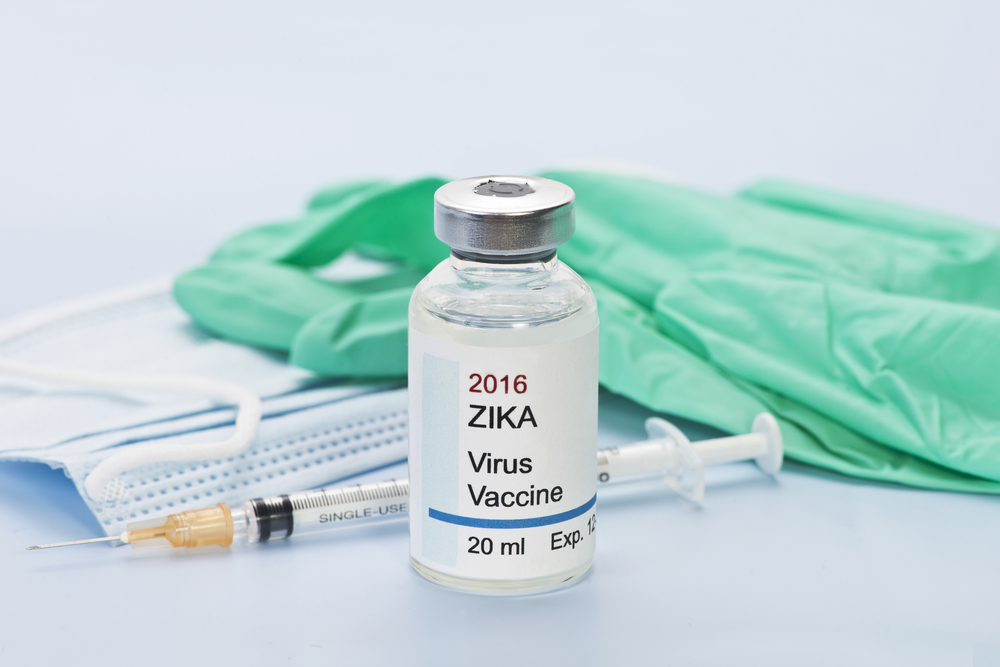
Two Zika virus vaccine candidates were shown to protect the developing fetus of female mice from infection and associated birth defects, according to a recent study conducted by the University of Texas Medical Branch at Galveston (UTMB).
The findings, which were published in a recent issue of the medical journal Cell, were the first to demonstrate that a vaccine candidate had the ability to protect a developing fetus from the virus’ debilitating effects.
UTMB researcher and co-author of the study, Pei-Yong Shi, said the study was the first to show two different potential vaccines given to a mother can prevent the virus from infecting the fetus during pregnancy in a mouse model.
“Based on these data, we believe that evaluating the vaccines’ ability to prevent birth defects in humans is warranted,” Shi said.
In the study, female mice were vaccinated against the virus using one of two different vaccine candidates prior to becoming pregnant, then becoming infected with Zika. The Shi-led research team found that vaccinated pregnant mice showed little to no evidence of infection in the internal infection, which included the mice’s placenta and fetus.
“Having a Zika vaccine that can protect pregnant women and their unborn babies would improve public health efforts to avoid birth defects and other effects of the disease in regions where Zika is circulating,” Shi said.
Zika virus is most commonly transmitted by the Aedes aegpyti-species mosquito and sexual contact. Symptoms in most cases involve joint pain, fever, rash, and headaches.
More severely, the virus has been linked to microcephaly of the fetus in pregnant women and Guillain-Barré syndrome. It is a part of the flavivirus family of viruses, similar to dengue fever, yellow fever, and Japanese encephalitis.




